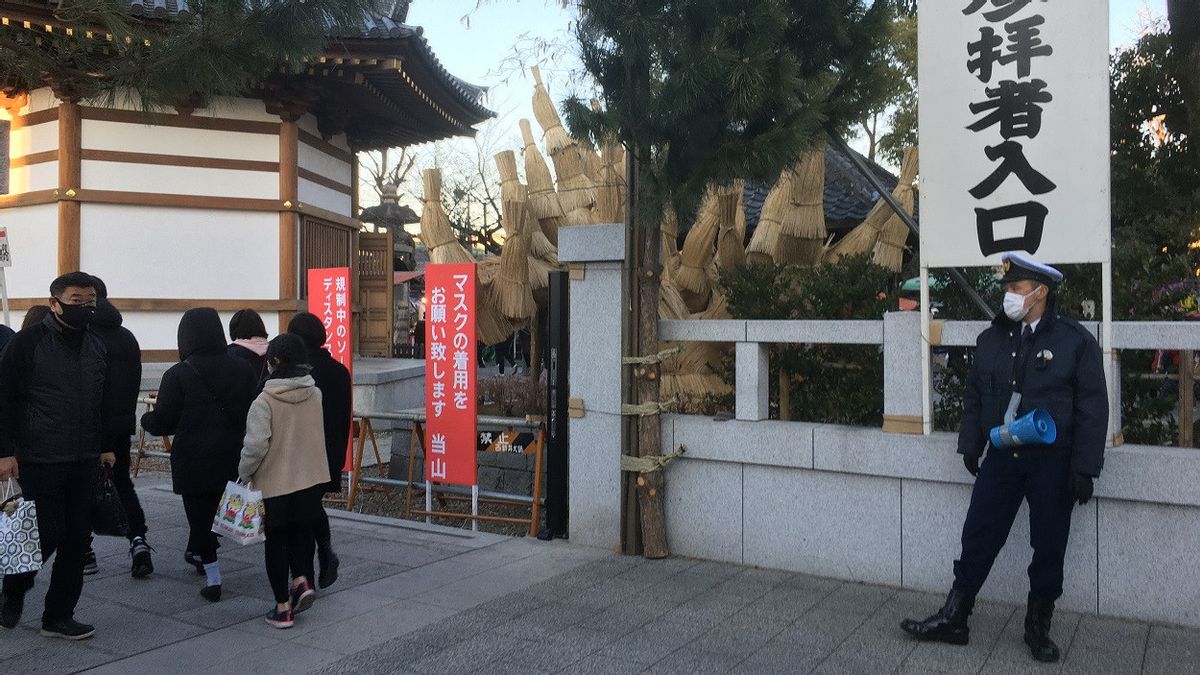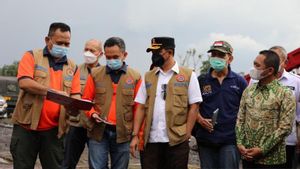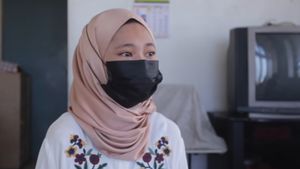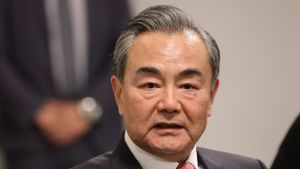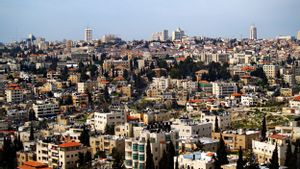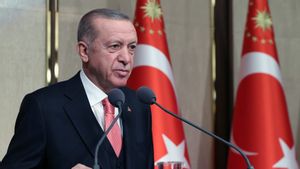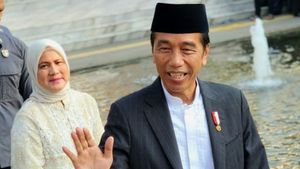JAKARTA - Japan on Wednesday decided to place Tokyo and 12 other regions under a Coronavirus state of emergency, with the capital reporting a record 7,377 new infections amid the rapid spread of the Omicron variant nationwide.
The decision will allow metropolitan and prefectural governors in Japan, which has never imposed a lockdown during the pandemic, to ask restaurants and bars to close early and stop or limit the serving of alcohol. The measure will take effect from Friday to February 13.
"This is a war against an unknown virus, but we hope to overcome this situation by adequately preparing ourselves without excessive fear", Prime Minister, Fumio Kishida, explained at a meeting of the government's COVID-19 task force, citing Kyodo News on January 19.
Japanese authorities fear that hospitals needing to treat patients not being treated for the virus will be overwhelmed if infections continue to rise at the current pace, affecting more elderly people and those with underlying health conditions.
Another concern is the shortage of essential workers such as medical staff due to the sharp increase in those designated as close contacts of people who have tested positive for COVID-19.
"We need to urgently prevent the spread of infection, given the potential for major strains on the medical system soon", said Economic Revitalization Minister, Daishiro Yamagiwa, who is also in charge of containing the Coronavirus.
Meanwhile, the government's subcommittee on dealing with COVID-19 gave the green light for contingency plans lasting roughly three weeks, a day after Japan's daily confirmed infection count hit 30,000 for the first time.

PM Kishida has made tackling COVID-19 a top priority since taking office in October last year, with his government facing the difficult task of striking a balance between implementing anti-virus measures and keeping the economy going. Mainly because health experts say many people are asymptomatic or have mild symptoms despite the highly contagious nature of the Omicron variant.
Separately, Shigeru Omi, the government's top COVID-19 adviser, suggested there was no need to halt social and economic activities, but urged people to avoid high-risk situations, such as gathering in large numbers and speaking out loud.
"I don't think we need to close restaurants, if people eat in groups of about four and talk wearing masks", explained Omi who headed the subcommittee.
Three prefectures have been placed under a state of emergency since early January, with the planned addition of 13 prefectures leaving about a third of the country's 47 prefectures subject to tougher restrictions.
Along with Tokyo, the prefectures targeted include its neighbors Chiba, Saitama and Kanagawa in the metropolitan area, which three months ago lifted its state of emergency.
Meanwhile Aichi, Gifu and Mie in central Japan, along with Nagasaki, Kumamoto and Miyazaki in the southwest of the country, also called on the central government to impose a pseudo-state of emergency, as did Niigata, Gunma and Kagawa.
Under a quasi-emergency, prefectural governors can designate special areas for action against the virus and make their own decisions about working hours or serving alcohol at local restaurants.
SEE ALSO:
To note, the government plans to stop checking for vaccination status or evidence of negative COVID-19 test results, to visit places such as restaurants. A way to revive economic activity, but still leaves room for the governor to implement it himself.
"We recognize that there is hope to take advantage of the program based on the governor's decision, who knows best the local situation", said Chief Cabinet Secretary, Hirokazu Matsuno.
To note, the governors of Osaka, Kyoto and Hyogo in western Japan plan to discuss whether to seek quasi-emergency restrictions at a virtual meeting on Wednesday. While Matsuno said, if the three prefectures submitted a request to be added to the list, the government would review it immediately.
The English, Chinese, Japanese, Arabic, and French versions are automatically generated by the AI. So there may still be inaccuracies in translating, please always see Indonesian as our main language. (system supported by DigitalSiber.id)
